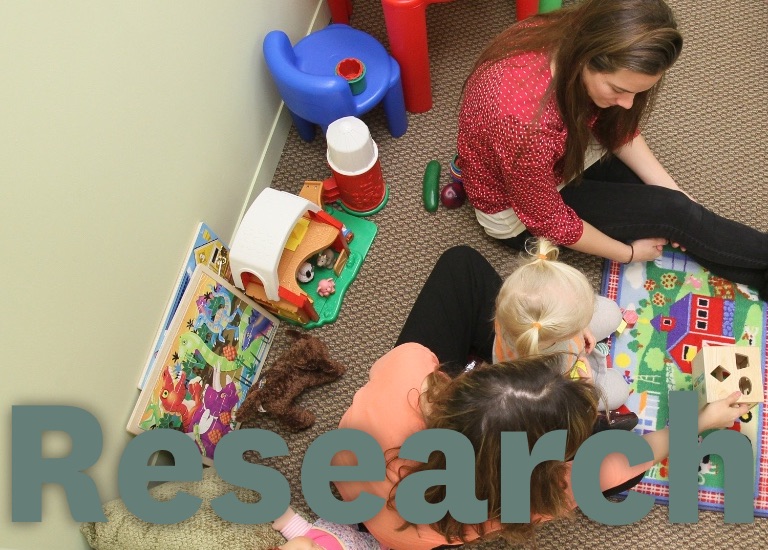Demolishing Barriers to Democratize Future Construction Operations by Providing Multi-sensory Capabilities for Effective Remote Work
Principal Investigator: Burcin Becerik-Gerber (USC Sonny Astani Department of Civil & Environmental Engineering)
Co-Principal Investigator: Shawn C. Roll PhD, OTR/L, RMSKS, FAOTA, FAIUM ; Gale Lucas (USC Institute for Creative Technologies); Lucio Soibelman (USC Sonny Astani Department of Civil & Environmental Engineering)
Period
Oct 2022 – Sep 2026
Total funding
$1,799,999 (anticipated)
Teleoperation (i.e., operating a machine from a distance outside the operator’s line of sight) is an emerging technology in construction that has many potential benefits, such as increasing workplace safety and engaging a more diverse workforce. Teleoperation will require new skills for construction workers, especially regarding the use of computers and more complex interfaces to control the machines. Moreover, given that construction workers spend almost no time in front of a computer in traditional construction settings, impacts on physical and cognitive well-being must be considered when teleoperation is implemented. This project aims to support this emerging technology by focusing on what sensory information is required for teleoperated demolition work in construction and by developing a validated worker-centric workstation by examining how sensory features should be modified to promote effective, safe, and healthy work environments for different tasks and diverse workers (e.g., female workers, differently abled workers, older workers). A primary intellectual contribution of the project will be a stakeholder-engagement methodology for developing or selecting technology that will improve upon the current practice of adopting new technology out of hand until there is a problem or accident.
Funding
| Type | Source | Number | Amount |
|---|---|---|---|
| Federal | National Science Foundation; Division of Electrical, Communication & Cyber Systems; Future of Work at the Human-Technology Frontier Program | ECCS-2222572 | $1,799,999 (anticipated) |





